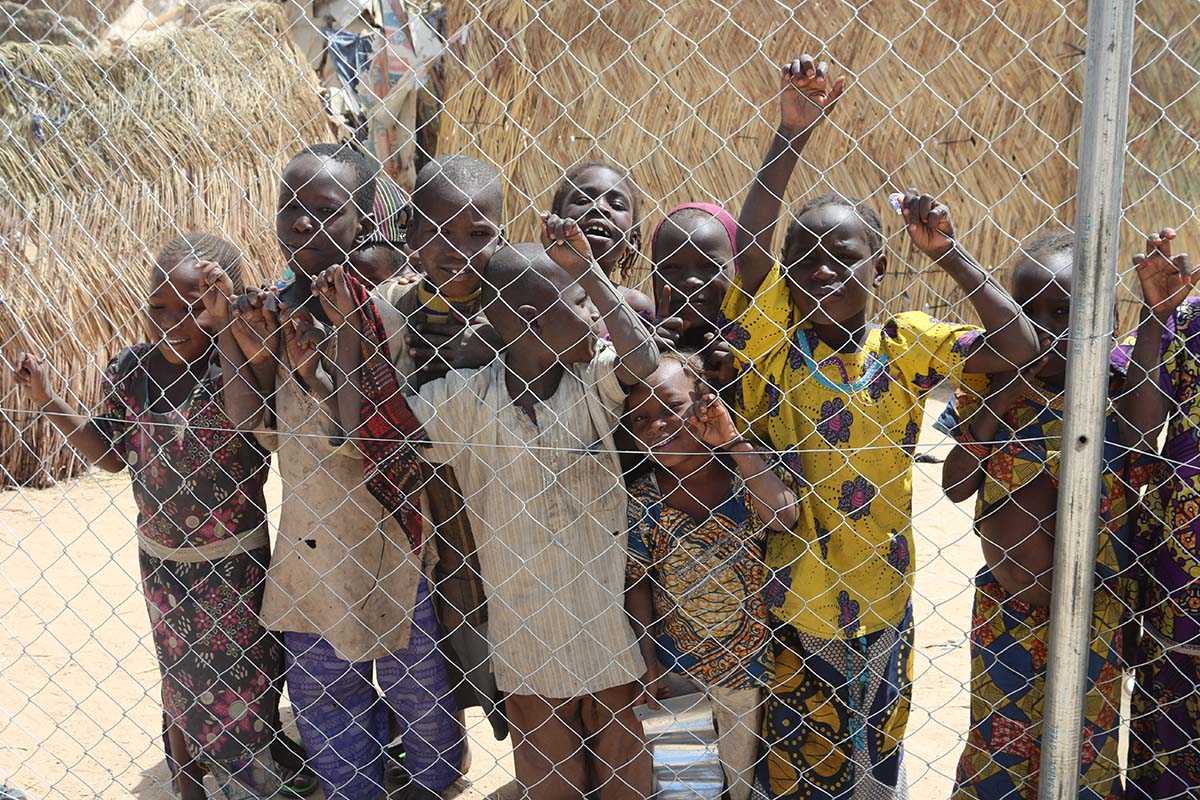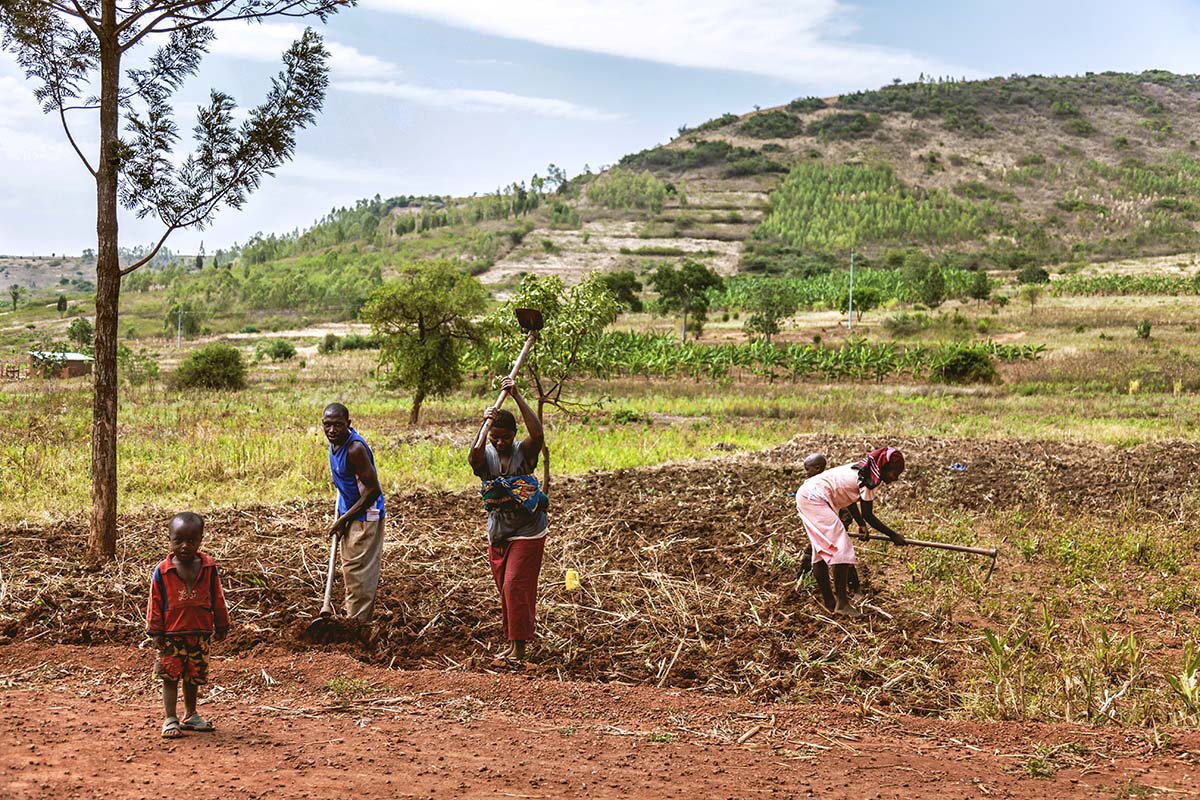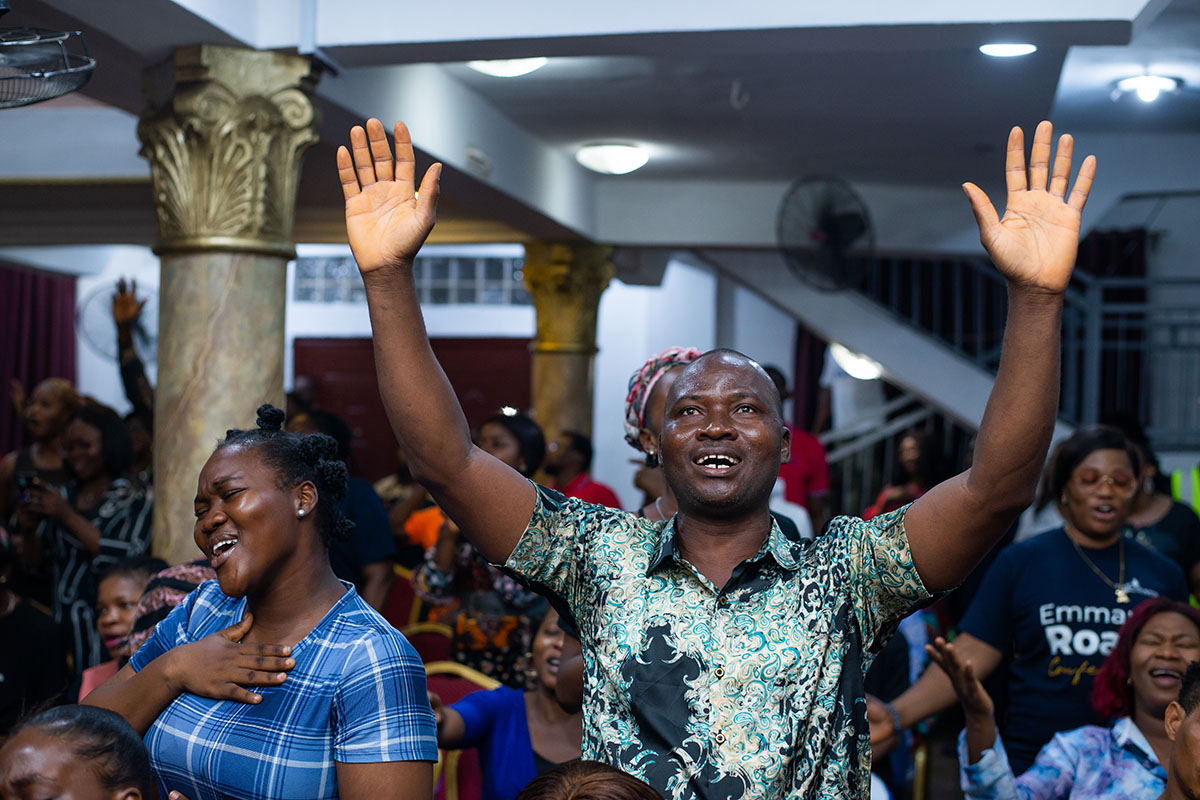Stories of Resilience: Young Refugees Shaping New Futures in the Commonwealth.
June 21by Lilian Efobi
Christian’s Story
I met Christian during the UNICEF Youth on the Move mentorship program where I had the privilege of serving as his mentor. From our very first conversation, I was deeply inspired by Christian’s story of resilience and determination as a young refugee. Christian hails from the eastern region of the Democratic Republic of Congo, a place long plagued by armed conflict, corruption and targeted violence. To escape this turmoil, he fled his home in search of safety and a better future.
When Christian arrived in Kenya in 2018, he faced an immediate obstacle: he could not speak English. Coming from a French-speaking country, the language barrier was his first major obstacle in accessing the employment opportunities. Christian had high hopes and dreams, and with an extraordinary determination, he consumed books, media and films solely in English. He also changed his phone settings to English. After a year of relentless efforts, he successfully passed a journalism interview he failed in the past due to his inability to speak English. That one decision of dedication to learning, opened new doors and opportunities for him. Today, Christian continues to pursue his dreams and support other refugees. Christian’s goal is not only to succeed, to give back to the community that welcomed him. Through civic engagement and community development, he is helping young refugees access opportunities for empowerment in their communities and beyond.
His journey to Kenya was filled with trauma. Having never travelled internationally, he was exploited by greedy travel agents, threatened, overcharged and forced to hide in a car trunk to evade police checkpoints. These experiences increased his trauma and as a foreigner, the risks were greater for him. But through resilience and determination, he prevailed and today, he is thriving as a young refugee making changes globally.
Doosuur’s Story
Another powerful story of resilience is that of Doosuur, a 20-year-old internally displaced person (IDP) and education advocate. In 2016, she arrived alone at the Ichiwa IDP camp in Benue State, Nigeria after losing her entire family to the herdsmen attack in Agatu Local Government Area. Despite the immense loss, Doosuur became a leader in the camp for other children, a voice for hope and a face for resilience. With over 14,000 women, children and elderly people living in inadequate conditions, Ichiwa is one of the 16 camps in Benue State which is facing a humanitarian crisis.
Doosuur explained: “The children in Ichiwa lack the basic necessities of life, especially education, healthcare and more, that motivated me to help them”. She organized tutorial sessions, collaborated with non-governmental organizations for educational interventions and empowerment programs for the teenagers. This is to ensure that despite displacement, they are equipped for life beyond the camp.
Tragically, the number of displaced people is on the rise in Benue State. From displacement, these young people will end up becoming refugees in search of greener pastures abroad. On the 13th and 14th of June, 2025, the Yelewata community was attacked in the state, leaving over 200 dead and many injured. Many were forced to flee their homes to the IDP camps in the state capital, with Ichiwa camp being one of the new homes for the IDPs.
For young people like Christian and Doosuur, the struggle to rebuild their lives and regain economic stability for survival is ongoing. The experience of violence and displacement can lead to long-term psychological trauma and there is also the challenge of accessing essential services like healthcare, education, and shelter. Christian and Doosuur have been able to show resilience in surpassing their situations and making an inspiring story out of their lives by empowering other refugees and displaced persons like them.
Growing Refugee Crisis
The growing refugee and IDP crisis in Benue state and across the globe is driven by a range of factors. In Benue state, violent attacks by the Fulani herdsmen who graze their cattle are escalating. Armed herdsmen seeking pasture for their cattle often come into conflict with crop farmers. Their weapons meant for protection of their cattle from thieves, have become instruments of destruction.
Beyond this, environmental degradation, notably climate change-induced desertification, irregular rainfall patterns, the scramble for natural resources such as gold, oil, diamond, human rights violations in authoritarian governments, economic recession, armed conflict and violence are some of the major causes of conflicts leading to refugee crisis and displacement globally.
To address these challenges, especially in Benue state, the government should end open grazing and support ranching policies to reduce land competition. The government should also facilitate dialogue and reconciliation between herders and farmers. Security should be strengthened in the state with perpetrators of violence held accountable. Refugees and displaced people should also be given the option to return to their lands and countries voluntarily. Resettlement and reintegration programs should be provided for them. The government should collaborate with local and international non-governmental organizations to provide humanitarian assistance and implement sustainable solutions to the crisis.
The failure to act now will lead to a cycle of suffering and instability that can have far-reaching consequences for generations to come. Unresolved refugee and displacement crises can lead to increased vulnerability, exploitation, and radicalization of young people, ultimately destabilizing entire regions and global peace.






